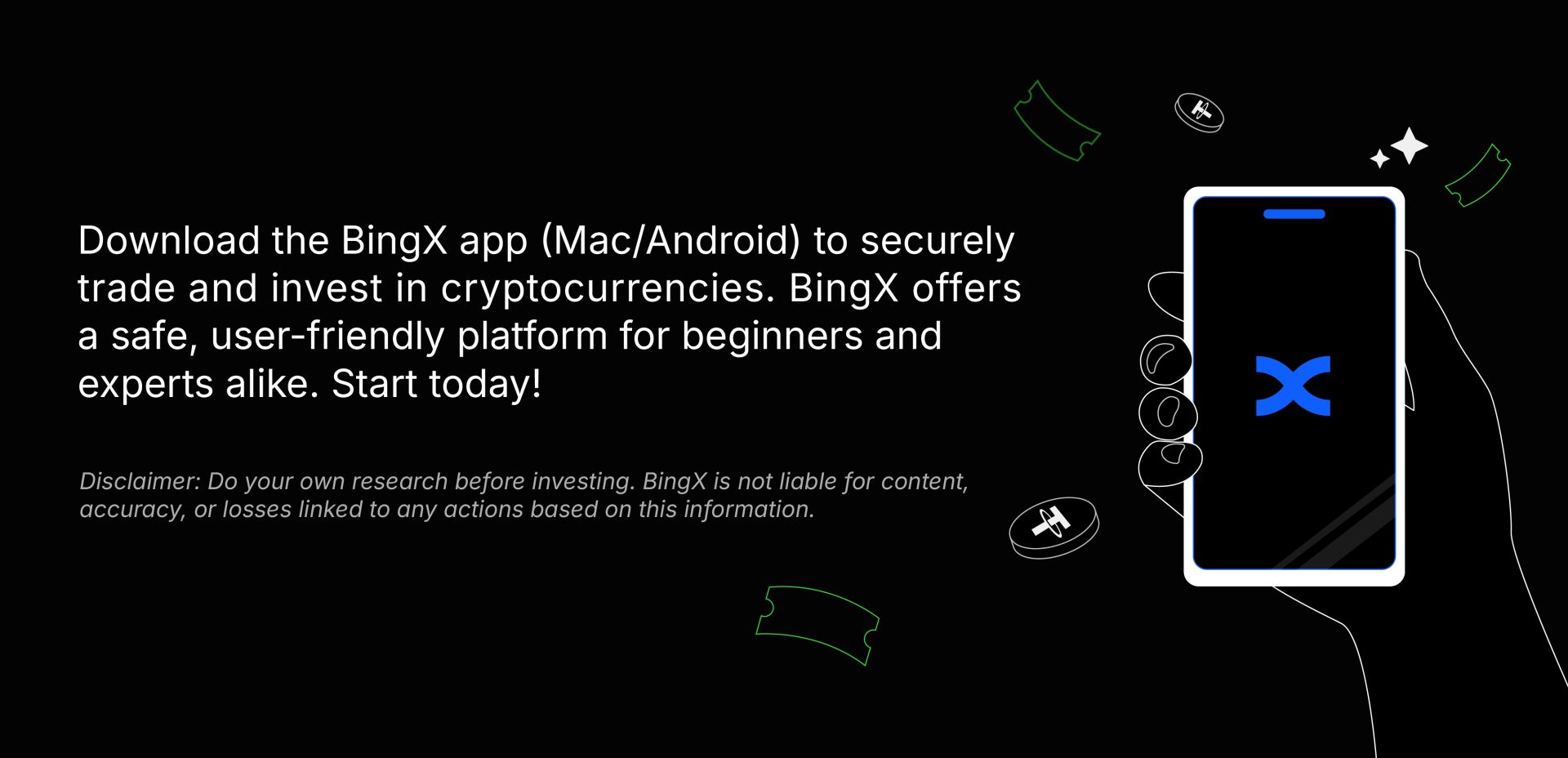In a move that’s sending strong signals across the global financial markets, the European Union officially removed the United Arab Emirates (UAE) from its list of high-risk third countries. This decision marks a significant vote of confidence in the UAE’s financial ecosystem and compliance standards, particularly its efforts in combating money laundering and strengthening regulatory oversight.
For the growing community of crypto investors in the UAE, this change is far more than a diplomatic or economic gesture. It represents a powerful step forward in legitimizing the country’s digital asset market on the global stage.
What is the EU’s High-Risk List and Why Does it Matter?
The EU’s high-risk third country list includes jurisdictions that are considered to have strategic deficiencies in their anti-money laundering (AML) and counter-terrorist funding (CTF) frameworks. Being on the list often leads to enhanced due diligence requirements for transactions and financial relationships involving entities from those countries.
Now that the UAE is no longer on the list, it becomes easier for the UAE-based financial institutions, fintech firms, and crypto platforms to interact with their European counterparts. The result is increased cross-border trust, smoother fund flows, and a more integrated role for the UAE in the global financial system.
Why This Matters For the Crypto Industry in the UAE?
The UAE has already positioned itself as a global hub for blockchain innovation and virtual assets adoption. With the rise of Dubai’s Virtual Asset Regulatory Authority (VARA) and the Abu Dhabi Global Markets (ADGM) providing robust regulatory frameworks, the nation is rapidly becoming one of the most crypto-progressive jurisdictions in the world. The EU’s recognition of the UAE’s improved financial safeguards further reinforces the country’s legitimacy in the eyes of global investors and institutions. For crypto users and traders, this means:
- Increased investor confidence in exchanges, wallets, and DeFi projects based in the UAE.
- Greater access to international banking and capital for blockchain startups and crypto ventures.
- Potential easing of compliance burdens when sending or receiving funds to/from Europe.
- UAE’s improved reputation as a crypto-friendly, regulation-compliant market.
With this policy shift, UAE consumers can expect to see more global partnerships, increased transparency in cryptocurrency services, and improved access to fiat on- and off-ramps. It also creates more confidence for institutions looking to set up custodial services, trading platforms, or tokenization ventures in the region.
Both retail and institutional investors can now more comfortably treat the UAE as a secure and credible gateway for regional and international crypto investments.
Strengthening the UAE’s Blockchain Ambitions
This update also aligns closely with the UAE’s National Blockchain Strategy 2031, which aims to move 50% of government transactions to blockchain and foster a thriving digital economy. From central bank digital currencies (CBDC) to tokenized real estate and AI-powered trading, the country is actively embracing the next generation of fintech.
By meeting and exceeding global compliance expectations, the UAE is unlocking new economic partnerships and reinforcing its position as a trusted global crypto hub, particularly for investors and companies seeking a regulated yet forward-thinking environment.
